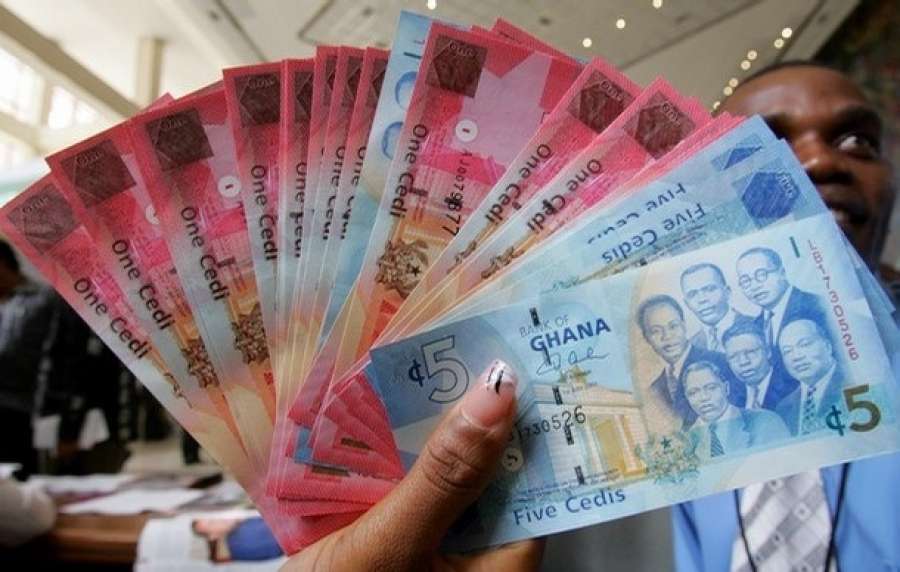Markets
Ghana Leaves Key Rate Steady as Policy Makers Seek Stable Cedi

Crude Oil
Oil Prices Decline for Third Consecutive Day on Weaker Economic Data and Inventory Concerns
Commodities
Dangote Refinery Cuts Diesel Price to ₦1,000 Amid Economic Boost
Crude Oil
IEA Cuts 2024 Oil Demand Growth Forecast by 100,000 Barrels per Day
-

 Forex2 weeks ago
Forex2 weeks agoZiG to the Rescue: Zimbabwe Shifts Gear with New Currency Backed by Gold
-



 Naira1 week ago
Naira1 week agoDollar to Naira Black Market Today, April 9th, 2024
-

 Naira4 weeks ago
Naira4 weeks agoDollar to Naira Exchange Rate at Black Market Today, March 21st, 2024
-

 Company News4 weeks ago
Company News4 weeks agoNNPC Gears Up for Public Listing, Embraces Full Commercialization
-





 Naira1 week ago
Naira1 week agoDollar to Naira Black Market Today, April 8th, 2024
-





 Naira3 weeks ago
Naira3 weeks agoDollar to Naira Black Market Today, March 26th, 2024
-

 Billionaire Watch1 week ago
Billionaire Watch1 week agoNigerian Billionaire Tony Elumelu Contemplates Acquiring NPFL Club
-





 Naira6 days ago
Naira6 days agoNaira Hits Eight-Month High at 1,120/$ Amidst Central Bank Reforms





















